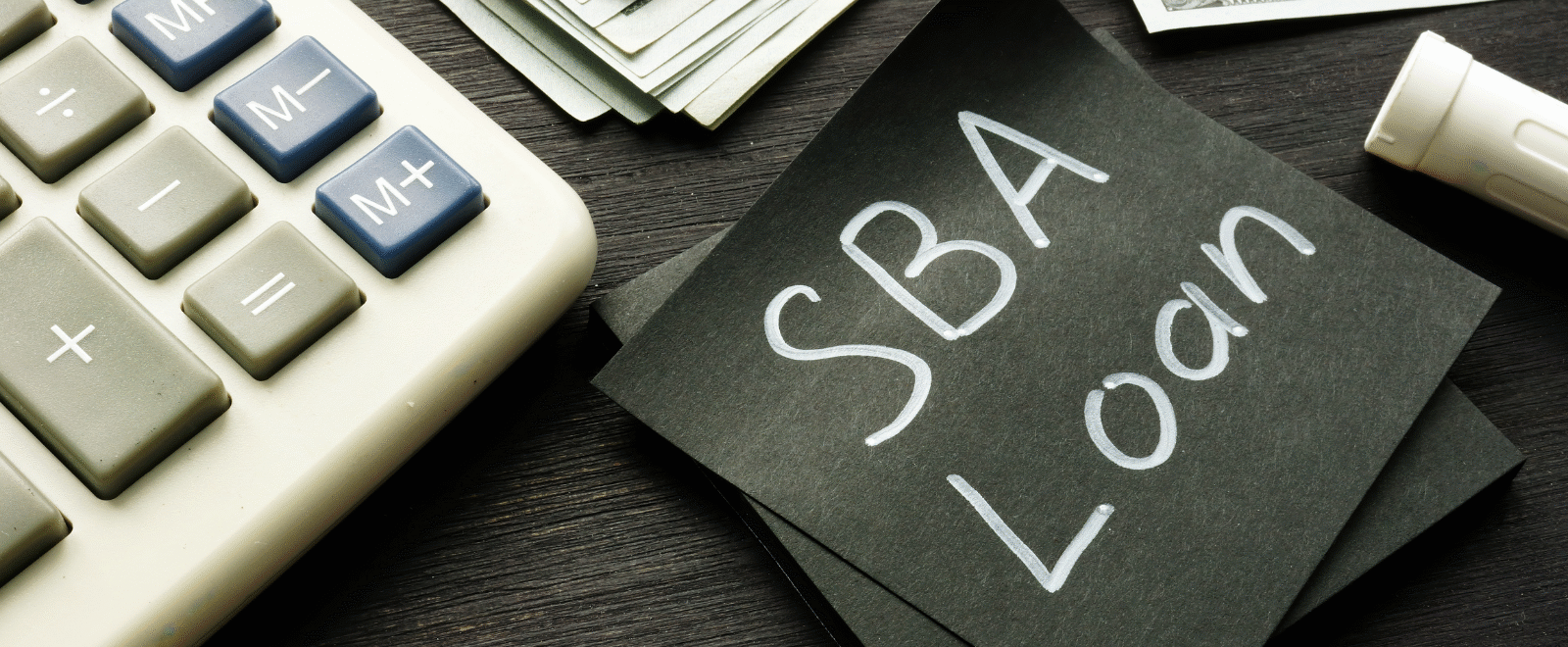AUTHOR: Daire Burke, Head of North America at Swoop
Small Business Administration (SBA) loans are a popular option for many American businesses for good reason: as a program, they keep the rates low and the terms long. This keeps the monthly repayments small, which means businesses can more comfortably borrow to cover their needs.
Unlike some loans, an SBA loan may be used for a wide range of business needs, including working capital, debt consolidation and the purchase of real estate. For many business owners, an SBA loan is their preferred choice: if the activity qualifies under the scheme, why look elsewhere?
The downside is that applications can be complex, though Swoop makes this easier; factors businesses must consider before making an application are:
- Their directors’ personal credit score
- That they meet criteria of operational eligibility
- That their business is not on a list of excluded industries
Owners’ credit score
As with any loan, your personal credit score will affect how easy it will be for you to borrow, how much, and how much it will cost.
Credit scores are based on your personal credit history and are a measurement of how you (and other directors) handle debt. The lender wants to have an idea of how risky it is to lend to you and businesses with a poor score (or no history of borrowing) will find be at a disadvantage when it comes to obtaining a loan.
Poor credit scores can be repaired by demonstrating that your business is able to responsibly manage debt; it can be a good idea to know your credit score before an application and take any steps necessary to improve it before going ahead with a major funding plan. These steps may include paying off existing debt, or building a credit history with products such as credit cards to demonstrate your reliability as a customer.
Credit scores are marked out of 1,000; a “good” credit score is between 650 and 739, which is the minimum requirement for a business owner to qualify for an SBA loan from most lenders.
Higher credit scores (740 – 799 is classed “very good” and any score above 800 is “excellent”) will result in better terms and more lenders competing for your business. A good credit score may also have a positive impact on other financial products for your business – including energy and utility costs – so a good credit score is something worth building and protecting.
Operational eligibility
Although most businesses are eligible for a loan from the SBA, they must demonstrate that they meet certain criteria. Eligible businesses must:
- Be a for-profit organization
- Be engaged in, or propose to do business in, the United States or US territories
- Have reasonable owner equity to invest
- Make use of alternative resources, including personal assets, before seeking financial assistance
There are also a number of sectors that are excluded from SBA funding programs. These include:
- Gambling
- Life insurance
- Religious teaching
- Primarily political and lobbying activities
- Oil wildcatting
- Mining
- Mortgage servicing
- Real estate development
- Bail bond
- Pawn or private clubs
For more information about eligibility criteria, check out www.sba.gov.
Things to think about
SBA loans are popular but they are not the only funding game in town; although the rates may be attractive, you may find that even if you qualify, they are not the right source of funding for your business at this time.
Swoop has a full range of products from across the market and it pays to do your research before you commit to one funding strategy.
To find out how much you could borrow, compare terms and costs side by side and ensure you get the best deal at the right time, log into your Swoop account or get in touch with your Swoop Account Manager to discuss your business needs or try Swoop’s SBA loan calculator.







 yet? Register here!
yet? Register here!